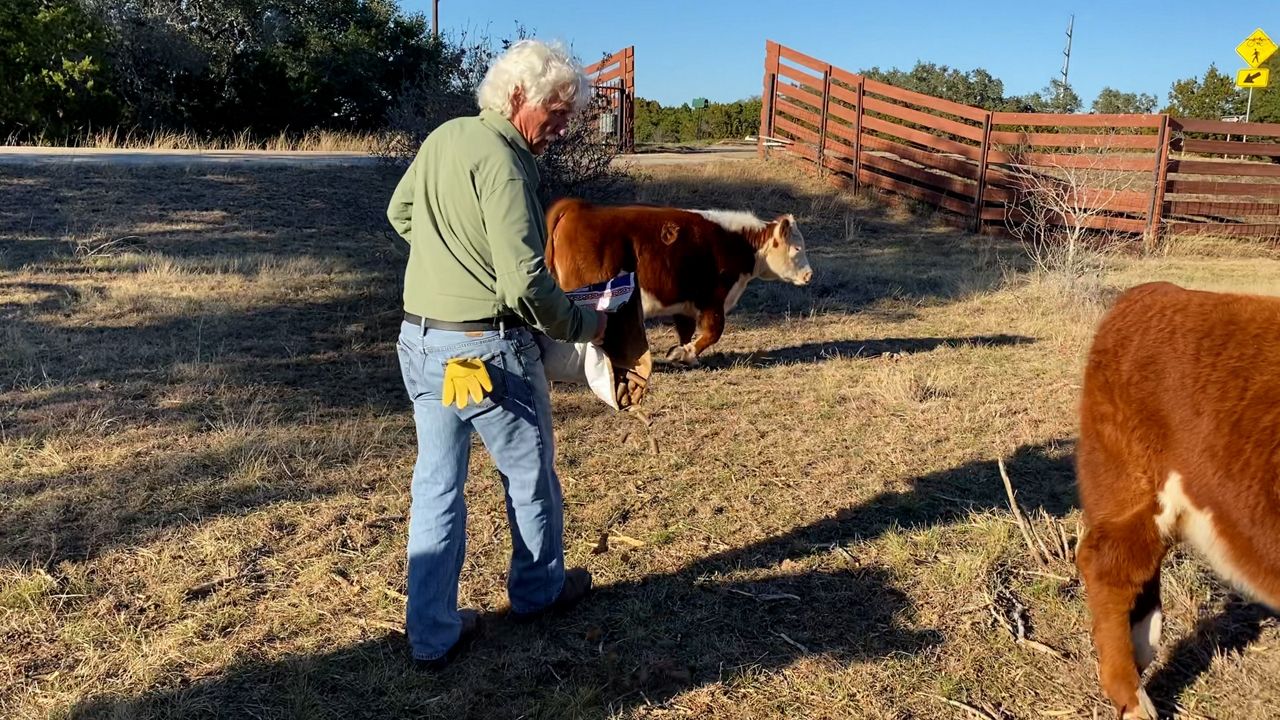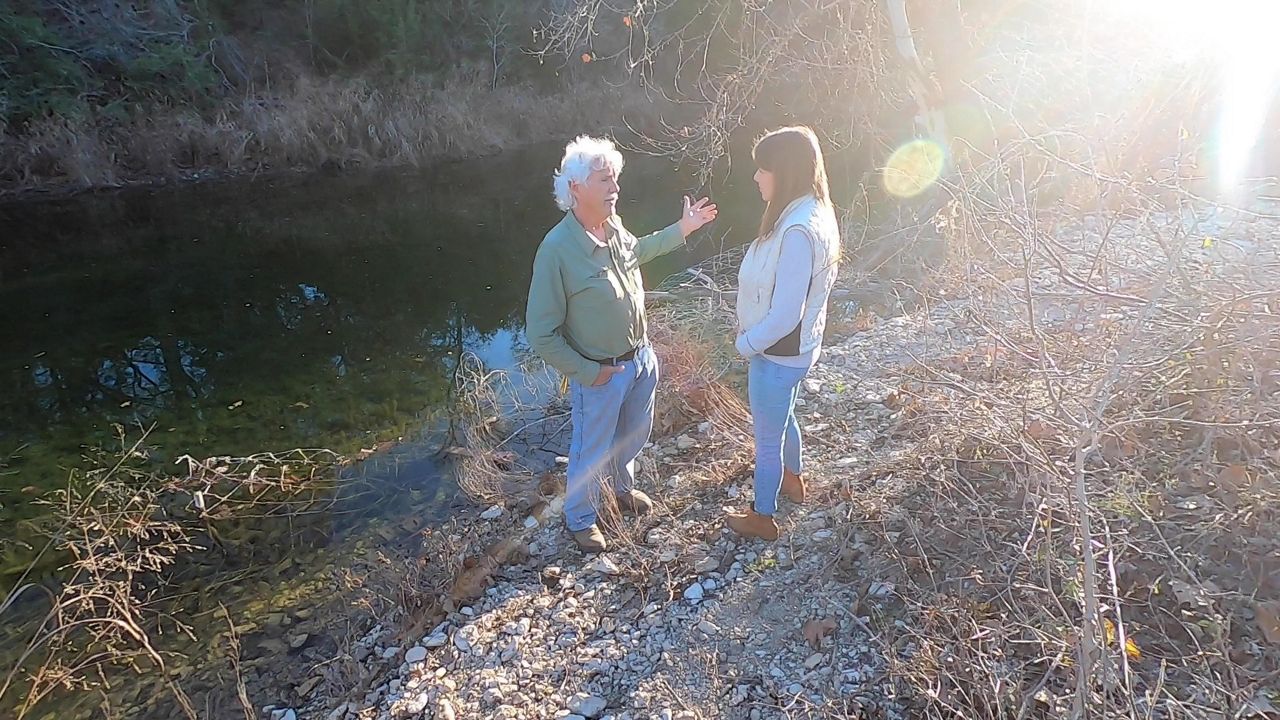SPICEWOOD, Texas. - Thomas Ranch plans to break ground on a 2,200-acre 3,500-home development in Spicewood this year.
A fifth-generation Texan and managing director of Thomas Ranch, Joe Rentfro knows a great view in this state when he sees one.
“It’s the highest point in the region where the two rivers meet,” Rentfro said. “We’re creating something that’s going to be for the enjoyment of future generations and residents.”
Make no mistake, there are millions of dollars to be made in this untapped region west of Austin. However, the Arete Collective overseeing the project believe it has a more sustainable and eco-friendly approach to their regional growth model.
“One thing we’re trying to bring to this is protection of open space and keeping vast amounts,” Rentfro said. “Open and green in perpetuity while we bring the development to life.”
Rancher and land steward turned conservationist, Ira Yates isn’t as easily moved.

“A little bit of development brings more development so you can’t stop it once you agree to start development,” Yates said.
A fellow Central Texan, his family has owned acreage in the Circle C area of Southwest Austin since the 1940s.
“The only way to preserve land is to buy it and restrict it from development,” Yates said.
Another option gaining some traction, Yates left a legacy as a 385-acre conservation easement.
“I can’t belittle people that develop their land, but I would encourage them to look at the options,” Yates said.
Only about 5% of the area is currently protected from development. Hill Country Alliance Executive Director Katherine Romans believes projects like this are scary propositions. The organization noted that the region has grown 50% in the past 20 years.
“Currently we just don’t have the ability to do the long-range planning and ensure development is protective of natural resources,” Romans said.

With key concerns such as water conservation, increased traffic, air pollution and habitat loss set to take center stage, advocates on both sides of this hill are preparing for the climb ahead.
“We need to be investing in our natural infrastructure and conservation just as fast as we’re developing,” Romans said.



